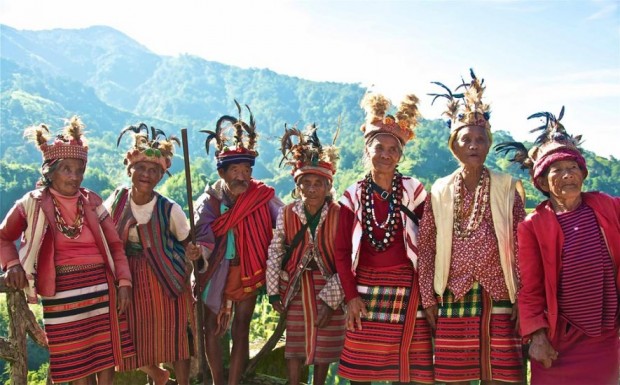
As the year gets older, Filipino culture has becoming more and more complex. Its nature has been altered by the influence of foreign cultures, basically from the west, which is caused by the influence of globalization. Its impacts can be readily known just by observing the norms and the way we live in our community today.
But, there are what we call “heroes” who have been teaching, sharing and spreading the native and pure cultures and traditions of the Filipinos through their study and inherited talents. So here are 5 Filipino cultural heroes who perfectly preserved, studied and mastered some of the Filipino cultures and traditions found in the Philippines.
1. Ligaya Fernando-Amilbangsa
A Ramon Magsaysay Awardee. Fascinated by the beauty and acknowledging the importance of the culture in Sulu Archipelago, she commited her life to patiently documenting and studying the dance called “pangalay” and its allied expression and meaning. She promoted the “pangalay” through organizing and choreographing various performances and making it known to the world through her lectures, performances, and writings on “pangalay” and various art particularly visual arts, of Sulu Archipelago.
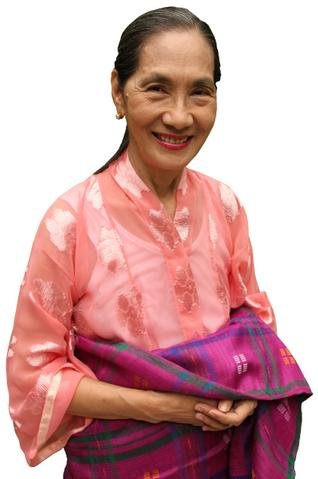
2. Apo Whang-Od
A legendary tattooist known in their native term as “mambabatok” for the past 80 years. She is a Filipina artist from Buslacan, Kalinga, Philippines. Known for her being the last and oldest “mambabatok” of her tribe called “Butbut”, she has captured a lot of attention for her exceptional talent for her tattoo design which she inherited from her ancestors. Having a tattoo in their tribe is a sign of bravery for men and aesthetic purposes for women. She has captured the attention of the mass for her talent and has been invited to foreign countries to showcase her talent.
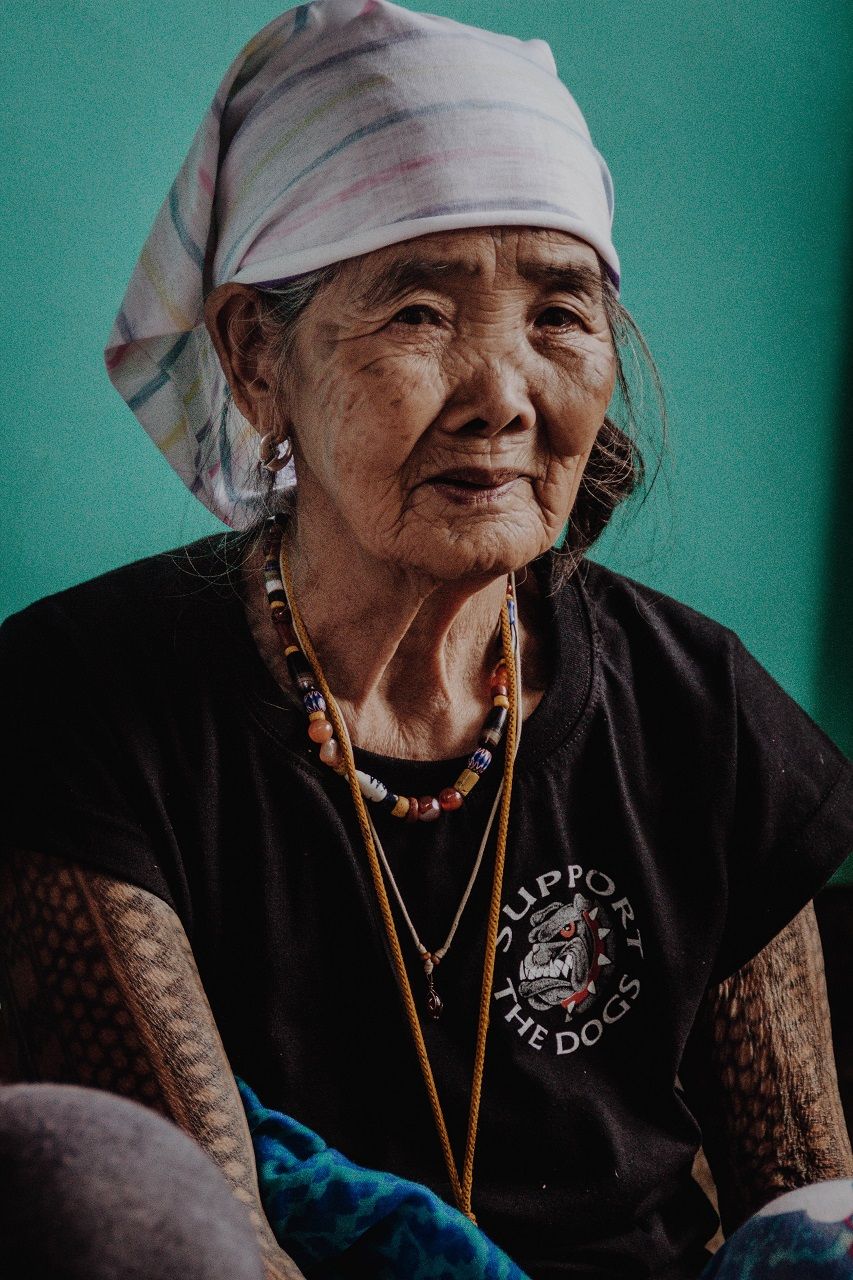
3. Uwang Ahadas
One of the National Living Treasures of the Philippines. He is from Lamitan, Basilan, Southern part of the Philippines. Uwang is a Yakan, one of the ethnic groups found in the Sulu Archipelago. By the age of twenty, he had already mastered the most important of Yakan musical instrument, the kwintangan. From the gabbang, a bamboo xylophone, his skills gradually allowed him to progress to the agung, the kwintangan kayu, and later the other instruments. Yakan’s tradition sets the agung, a man’s instrument and the kwintangan a woman’s. His genius and his resolve, however, broke through this tradition.
.jpg)
4. Magdalena Gamayo
She is a master textile weaver from Pinili, Ilocos Norte. By the age of 16, she has learned the art of weaving from her aunt and started harnessing her innate skills. She’s now in her late 80s but she still manages and perfectly arrange threads on the loom, which is the hardest task in textile weaving. She is also one of the National Living Treasures of the Philippines.
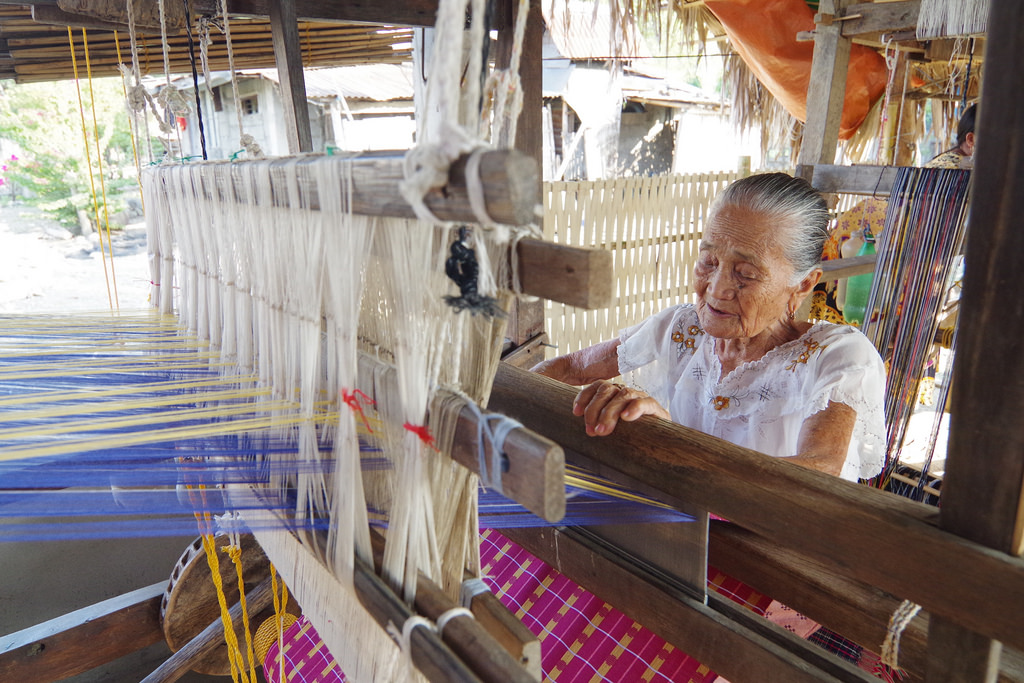
5. Alonzo Saclag
He has served and committed his life in the preservation of Kalinga culture. He influenced and persuaded officials to turn an abandoned Capitol building into a Museum, which schools must implement the practice of donning the Kalinga costume for major events, and that Kalinga music should be broadcasted alongside contemporary music in the local radio station. He guaranteed his knowledge in performing arts to pass to others by forming a Kalinga Budong Dance Troupe.
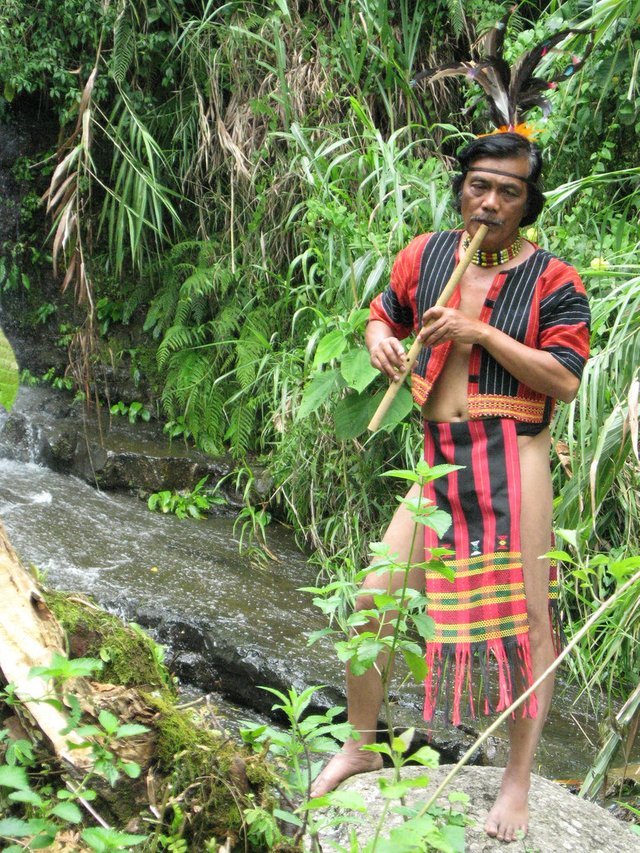
The value of their works and efforts to study and preserve the culture of some Filipino tribes are immeasurable. Filipinos in this generation must know their importance and the significant role they play in keeping the track of those almost extinct culture. The Philippines is so blessed having them. As a Filipino, I can say that they are the real heroes of our future, for they have maintained and kept our culture flourishing through the ages.